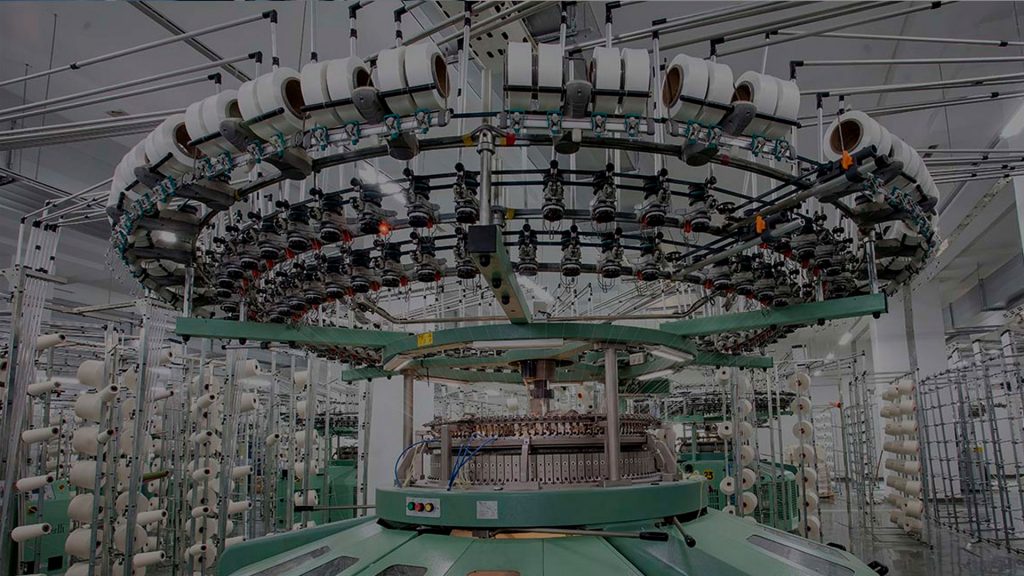The digital passport and the textile green revolution
Europe is heading towards an unprecedented transformation in its textile industry, paving the way for a sustainable and eco-friendly future in the fashion sector. This shift is underpinned by sustainability-oriented regulations and an extension of product lifespan supported by the New Green Deal. Here, we will explore how digital clothing passports and more eco-friendly production practices are leading the way towards a more sustainable future.
Towards eco-efficient textile production
Technological advancements, coupled with growing environmental awareness, are driving a transformation in the textile sector. The digital passport, one of the standout innovations, promises to revolutionize how we perceive and consume fashion. Operating akin to blockchain technology, the digital passport will offer valuable information on the origin and production process of a product, along with tips for extending its lifespan. This emphasis on transparency and durability has the potential to turn the fashion industry into one focused on sustainable and renewable products.
What is a textile digital passport?
Digital passports are an innovation set to be introduced next year. They contain detailed information about the manufacturing process of products and are presented in the form of QR codes or NFC, RFID, or Bluetooth tags. In the realm of fashion, these passports provide transparency by including data on the composition of raw materials, the manufacturing process, and transportation methods. While the European Union aims to make them a standard for all products, the initial focus will be on the textile, construction, and automotive sectors.
What information should a textile digital passport contain?
Digital passports will hold clear and accessible information for consumers. This will encompass product details, maintenance instructions, and recycling guidelines. However, the precise determination of required information throughout the supply chain will be a process addressed individually by the European Commission for each product. This implies that the supply chain must collaborate to identify key information to be included in each digital passport through separate acts.
Recycling and Reuse: cornerstones of the circular economy
The pursuit of more sustainable fashion extends not only to production but also to responsible product management at the end of their lifecycle. Companies will be responsible for their products until the very end, promoting an economy based on recycling and reuse. The information in digital passports will play a crucial role in the fight against greenwashing, as it will require companies to reveal the authenticity of their products in terms of safety, maintenance, recyclability, and their commitment to environmental protection. These passports will enable consumers to determine whether a company’s activities genuinely align with sustainable and environmentally responsible practices.
Sustainable fashion in Europe is on the rise, thanks to the New Green Deal and digital clothing passports. These innovations aim to transform the textile industry into an eco-efficient entity, where transparency and durability become the norm. As we move toward a circular economy, fashion is redefined, ensuring a greener future for all.





